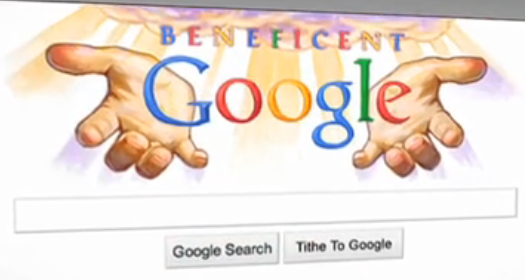Google Offers Concessions To Ease Threat Of EU Antitrust Bashing

Commission reveals what Google has offered, but concessions already facing backlash
Google has offered a host of concessions to European antitrust investigators looking into the tech giant’s search and advertising behaviour, hoping it will avoid hefty fines.
Although some reports said an agreement had already been made, in fact the European Commission antitrust team will make a decision on whether to accept Google’s offer later this summer.
European Commission officials are looking at four areas where they believe Google could be abusing its dominant position in the search market, following complaints from many of its rivals, including Microsoft.
First, they are looking at whether Google is unfairly promoting its own specialised search services, such as Google Shopping. They are also exploring whether Google is taking material from the websites of competitors, such as user reviews, without consent for use in its specialised search services.
 EC officials are also investigating whether it is unfairly requiring third-party sites like newspaper publishers to advertise its search services over others.
EC officials are also investigating whether it is unfairly requiring third-party sites like newspaper publishers to advertise its search services over others.
Additionally, they are probing how far Google is locking customers of its AdWords service in, as it has been alleged the tech giant is contractually blocking firms from using other advertising offerings.
Google being good?
Google has said it will clearly label its specialised services, separating them from competitors’ offerings, so it is clear they are not part of “natural” search results. It will also display links to three rival specialised search services close to its own.
Website owners are also being given the option to opt-out of having all or parts of their content show up in specialised services. Newspaper publishers will be able to do the same in Google News.
The biggest commitments come in advertising, however, where Google makes almost all of its money. It has agreed not to include obligations requiring customers not to source online search advertisements exclusively from competitors. Google would do the same for the AdWords service too.
Before a final decision is made on whether the commitments will be made legally binding, the European Commission has asked for comments from interested parties to be sent in over the next month.
Backlash
Already there has been a backlash. The Microsoft-backed Initiative for a Competitive Online Marketplace (Icomp) said the labelling aspect was of initial concern.
“It is clear that mere labelling is not any kind of solution to the competition concerns that have been identified. Google should implement the same ranking policy to all websites,” a statement from the company read.
The European Consumers’ Organisation (BEUC) said it was disappointed by Google’s attempt at conciliation.
“Labelling results will do little or indeed nothing to prevent Google from manipulating search results and discriminating against competing services. It may even shepherd consumers towards clicking on Google services now highlighted in a frame,” BEUC said in its statement.
“Labelling an infringement of competition law doesn’t prevent it being an infringement.”
If Google’s commitments are accepted, it will want to avoid breaking any of them. If it fails to do so, it could be fined as much as 10 percent of its annual worldwide turnover.
“We continue to work cooperatively with the European Commission,” a Google spokesperson said.
Test your Google expertise with our quiz!